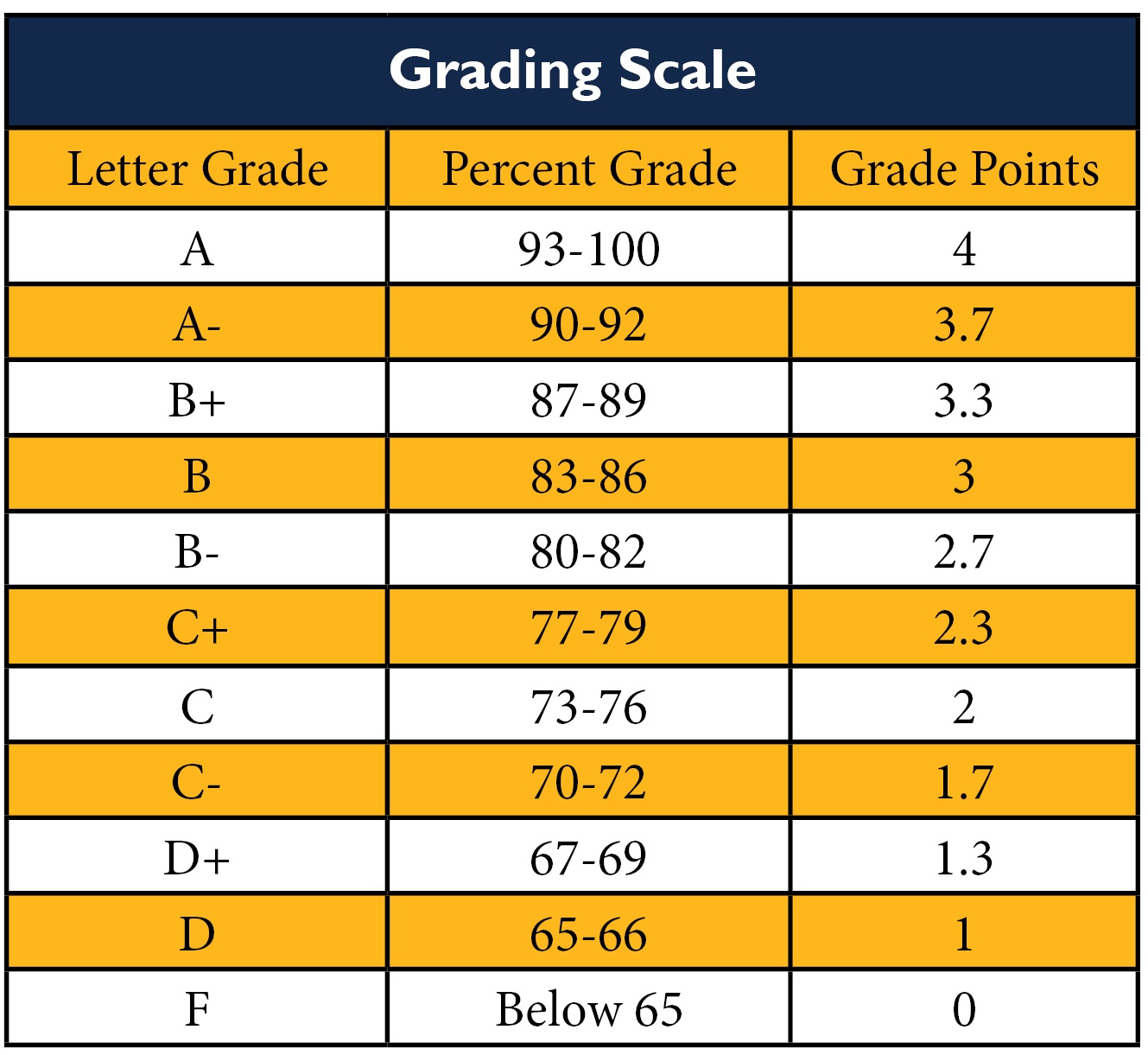What would happen if schools didn’t have grades?
By LooeyVille
@LooeyVille (69)
United States
October 24, 2025 6:37am CST
There's long been an argument that schools shouldn't issue grades to students because it ranks and compares them and makes the ones with D's feel bad.
Well I think that's a stupid way to look at it. I'm a college professor, so I do actually know what I'm talking about.
Giving kids participation trophies and not keeping scores at kids sports games is ridiculous. They have to learn sometime that life isn't all equal and fair and you have to work hard to get more. Everyone is NOT equally gifted or talented and some will always do better and have more than others. That is life.
There SHOULD be a ranking system and those who work harder and achieve more should be rewarded accordingly.
School isn't just for showing up and warming up a cold seat. It's about absorbing and applying information and knowledge to improve yourself and the community.
What's your take on what would happen if schools didn’t have grades?
5 people like this
6 responses
@xFiacre (14548)
• Ireland
24 Oct
@looeyville I think we need to go further and look at what we teach, how we teach and why we teach. One that’s sorted we can change everything, but till then we need grades, passes and fails so that we know kids are actually learning - or not. Employers also need to know if someone applying for an accountancy job can count.
2 people like this
@LindaOHio (204307)
• United States
19h
I agree with you 1,000%. Without a grading system kids would learn even less than they are learning now.
1 person likes this
@snowy22315 (197867)
• United States
24 Oct
I don't think they would be that much incentive to learn. Not everyone is born curious. Maybe some elective classes could be non graded.
1 person likes this
@Deepizzaguy (115435)
• Lake Charles, Louisiana
25 Oct
I have learned that schools should be used to have students to discover their interests and use their skills to earn a living. In my case I like math courses.
1 person likes this
@porwest (109948)
• United States
24 Oct
I am with you. Whether or not we see an actual "grade" in real life, we're always being "graded" whether we like it or not. What grades do in school is to offer a baseline. It's not something I ever felt was designed to be a reward or a punishment, but rather something that offers a unform assessment that teachers, parents AND students can use to tailor, adjust, and recognize performance.
How is one doing? Where do they need to improve? The HOW part is up to the teachers and the parents, and important for the child to understand why the HOW is needed.
Personal evaluation is also as important as someone else evaluating. It's supposed to be an incentive, if you are failing in something, to WANT to do better. Sure, some people have a certain aptitude, and the top line will not be the same for everyone. But at least one can TRY and also SEE that there may be a reason to.
Some subjects a C was my A. In the ones I was an A in did not mean someone with a C in something else was dumber than me. They were just better at something else. If we consider grades a value of intelligence, we're seeing grading systems wrongly, and when it comes to performance, aptitude and the evaluation of those things, we're not aiming for emotional responses. We're looking at REAL DATA. And we're identifying where more work is needed, and perhaps where less is needed.
Just my two cents.
1 person likes this











